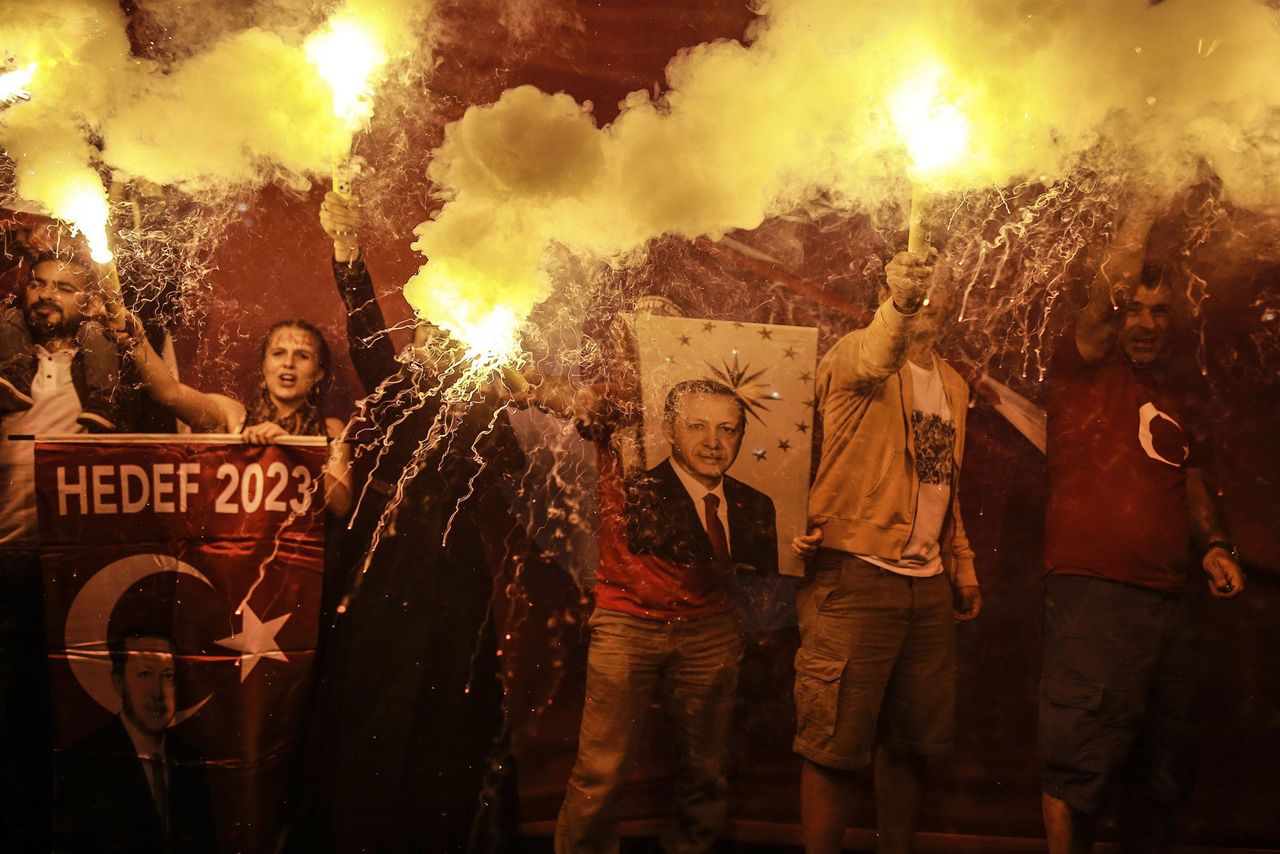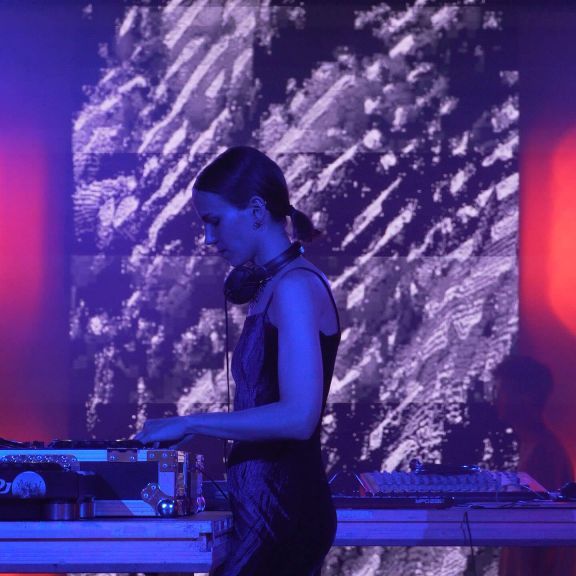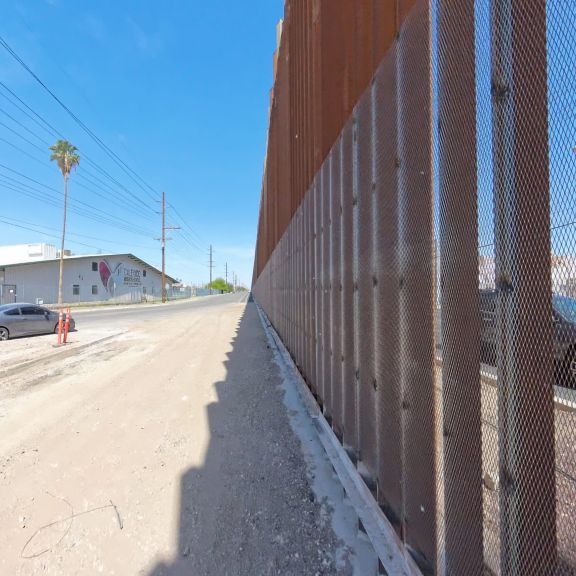
For an orator skilled in working the crowd and after a night of triumph, Turkey’s newly re-elected president was surprisingly downbeat. “I won. Get over it,” was the body language as Tayyip Erdogan emerged from his Istanbul residence late last Sunday night to issue a warning against sour grapes. “I hope nobody will try to cast a shadow on the results and harm democracy in order to hide their own failure,” he said.
Even as he spoke those shadows were gathering. This was no ordinary election. For the first time, Turkey’s fifty million voters cast a ballot for both president and parliament under a new system of governance that gives the former “super-executive” powers to the head of state and turns the latter to something a little bit more than a rubber stamp.
Mr Erdogan understood full well that his victory sits uneasily with the 47 percent of the population who denied him their votes – but it has also aroused concern among the international community. The OSCE was merely stating the obvious by suggesting that an election held under emergency rule might be sort of free but not remotely fair. For the last two years, after a failed military coup, the government has been ruling virtually by executive fiat. One of those decrees relieve broadcasters, of the obligation to cover the election campaign impartially. State run TRT covered the principal opposition party primarily to attack it.
The European Union also expressed concern that the new presidential system instituted lacked the “checks and balances required to safeguard democracy and the rule of law which are basic conditions for EU membership.” On Tuesday the council of the European Union declared the negotiations at an effective “standstill” and that no negotiating chapters would be open or shut and that work on updating the customs union would halt.
The financial community had long seen the Erdogan government as not being a lovable regime but at very least as providing stability, which they feared a weak and incoherent opposition would be unable to provide. But now they see arbitrary one-man rule regime as undermining the very institutions on which they depend and its strongman leader as himself unpredictable. They would dearly love to see emergency rule at an end.
It is true that the lira regained a bit of its value at the results. Despite the pundits’ predictions that the result might be close, Mr Erdogan took over 50% to avoid a second round of polling and his Justice and Development Party (AKP) with its coalition partner the nationalist right National Action Party (MHP) will control the new parliament. However, the currency did not begin to redress the loss of some 22 percent of its value over the last year. Nor is there any expectation that astronomic rates interest rates can be allowed to fall.
Given that Mr Erdogan displayed he can control the electorate, the question is why people thought things might be otherwise. One explanation is that during the campaign at least people were volatile in the criticism. This is a country where over the last two years journalists have been imprisoned and media outlets shut down. Thousands of civil servants have been jailed or dismissed, and a reported 70,000 students are behind bars. Teenagers have been detained for careless tweets. So in a society that hesitates to dissent, the sudden appearance of opposition politicians articulately criticising the man his followers call “The Chief” had a shock value.
In a 1996 interview while still Istanbul’s mayor, he had infamously described democracy as “a means not an end,” a “streetcar from which you disembarked when you reached your destination.” A benign interpretation of this is that he was less interested in the trapping of government than in getting things done; Mr Erdogan’s popularity still is one of the great moderniser. The more sinister reading by his opponents was that he was prepared to pay lip service to civil liberties on the way up the ladder, but that once in control, he would never relax his grip on power nor his vision of a pious Islamic nation.
Erdogan’s “Turkish exceptionalism”
Sunday’s election was Turkey’s “last chance before the tunnel,” said Selahattin Demirtas, a presidential hopeful from the pro-Kurdish Peoples’ Democratic Party (HDP). That he was forced to make his party-political broadcast speech from a prison cell while standing trial on the improbable charge of terrorism is indication enough that a re-elected President Erdogan is in no hurry to take Turkey back to the political centre – or to make concessions to the aspirations of Turkey’s Kurds. And with an ultra-nationalist MHP as AKP’s influential new coalition partner, it is not clear that he could do so, even he chose.
That the MHP did much better than expected was the surprise of this election- they stood in an alliance with AKP out of fear they would not pass the 10 percent that a party needs to qualify for any seats in parliament at all. When the votes were counted, it passed that threshold with a point to spare to get 49 seats. But at the other end of the spectrum, the HDP survived every form of harassment to get 67.
Governing a divided Turkey will be no easy task.
Mr Erdogan’s solution for has been to claim a form of “Turkish exceptionalism.” The rhetoric is of a nation buoyed by its Ottoman past and hemmed in by the jealousy of a West determined to block its path to greatness. He has even branded fellow NATO members as “Nazi remnants”. At the same time, Turkey is now home to over 3.5m Syrian refugees and its role as a buffer between that conflict and an immigrant shy Europe stalls foreign capitals from answering back.
It is a variant of the bad old days when NATO allies were prepared to turn a blind eye to military coups not to alienate a strategically important partner. But even this accommodation is beginning to break down as Turkey and the US find itself with radically different priorities in Iraq and Syria and the Turkish military makes down payment on Russian anti-ballistic hardware.
Turkish exceptionalism extends to economic policy where counter-intuitively the president asserts that it is high rates of interest responsible for Turkey’s runaway inflation and not, as conventional economics would have it, the other way round. A latter day King Canute, he has tried and failed to stare international markets down.
Blaming “dark forces” as ministers have, for the high price of potatoes will only get it so far. Turkey may no longer be able to afford the Pharaonic projects, which have stood President Erdogan in good stead so far. During the election campaign, he announced he would endow Istanbul with a 7 million volume library. A cheaper first step would be to lift the ban on access to Internet sites like Wikipedia.
Unlike Russia with huge reserves of oil or India with a vast internal market, Turkey survives by being part of the global economy. It borrows to refinance its debt and has to produce goods and services that the rest of the world wants to buy. So a strategy of “putting Turkey first” may really mean getting the country used to being on its own.
Photo Caption: Erdogan supporters light flares to celebrate his presidential election victory. Photo Credit: Emrah Güral / Associated Press






















